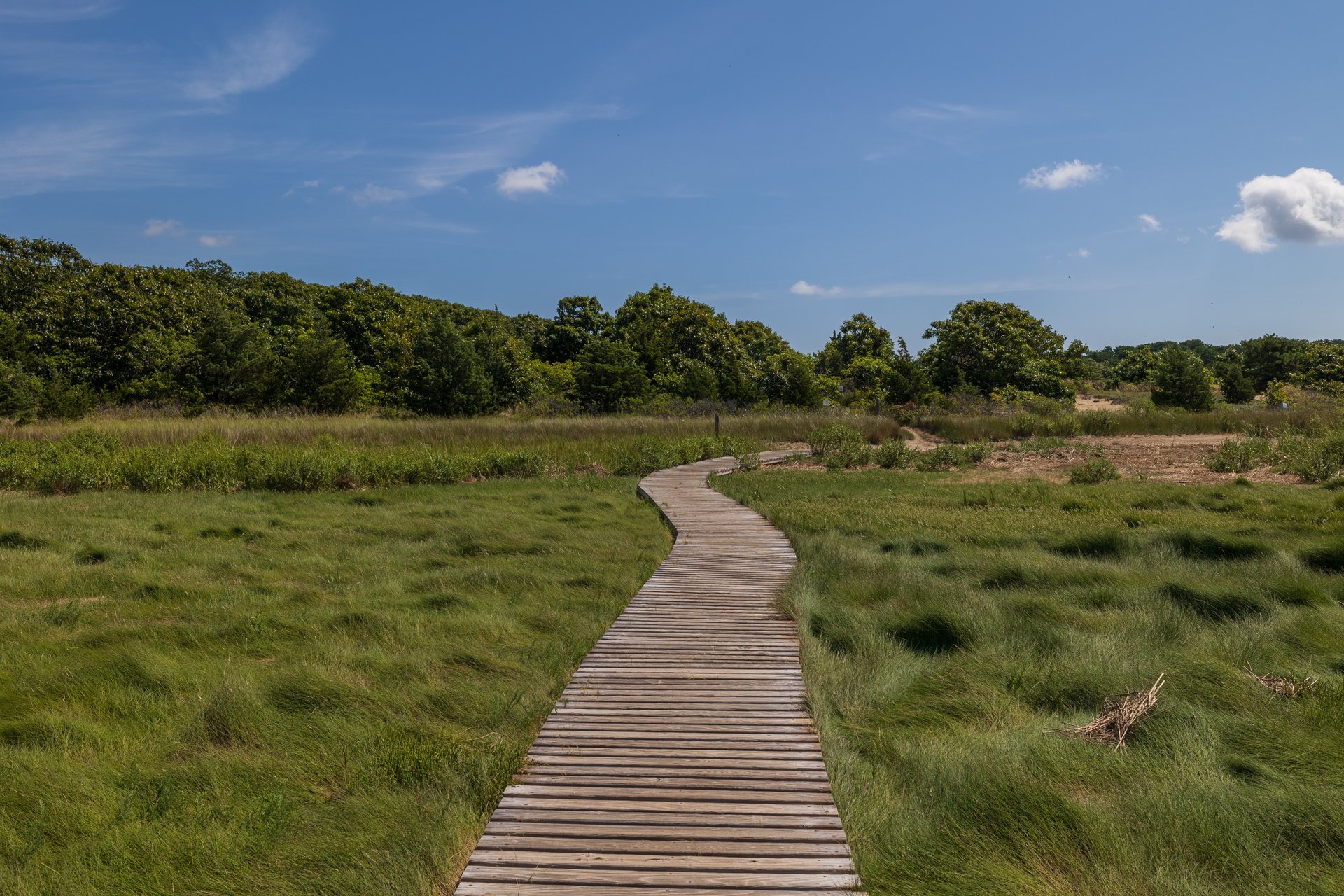As of mid-May, Mass Audubon’s Coastal Waterbird team is monitoring 300 pairs of Piping Plovers in Massachusetts and more than 170 nests.
The work now is finding newly laid nests and putting up protective symbolic fencing so, at the very least, eggs don’t get stepped on and birds can incubate their nests without being disturbed.
May’s Second Wave of Birds
Some plovers, typically more mature birds, can arrive on the Cape as early as mid-to-late March. They may have to deal with snow, but they get their choice of prime habitat and can begin their nesting cycle by mid-April. If all goes well, the nests hatch in May, and chicks fledge in June, well before the busy Fourth of July weekend.
In May, there seems to be a second wave of arrivals—probably younger birds—some of them showing up on beaches that haven’t had nesting plovers in many years. These sites tend to be less desirable--they lack suitable habitat or may be subject to regular over washes—and we hate to find nests in high-risk locations, like a wrack line. But if the first nest fails, the birds may learn and renest in a somewhat better spot.
Truro Remains a Hot Spot
For our small Wellfleet Bay-based plover team, Truro remains the busiest town with eight plover nests so far. This doesn’t include the many nests monitored by the Cape Cod National Seashore, mostly on the ocean-side. For the first time in recent memory, we have three nests at Beach Point in North Truro, a very busy stretch of mostly private bayside where free-ranging dogs can be a challenge. Much of the success at this site comes from our volunteers engaging motel guests and property owners about the presence of the birds and explaining why leashing dogs is so critical to protecting both adults and flightless chicks.
Our Field Tech from Texas
Monitoring our Outer Cape plover sites on a full-time basis is Mitchel Sabourin, a native of Arlington, Texas and a wildlife biology and sustainability studies graduate of Texas State University.
Mitchel says monitoring plovers is a new experience. “I worked with river mussels through the Stream Ecology Lab at my university where I spent a summer blindly digging through the mud of rural Texas rivers in search of mussels!” But Mitchel quickly adapted to a coastal environment and has managed to find a bunch of plover nests. We’re very glad he’s part of the Mass Audubon Coastal Waterbird Program team!



